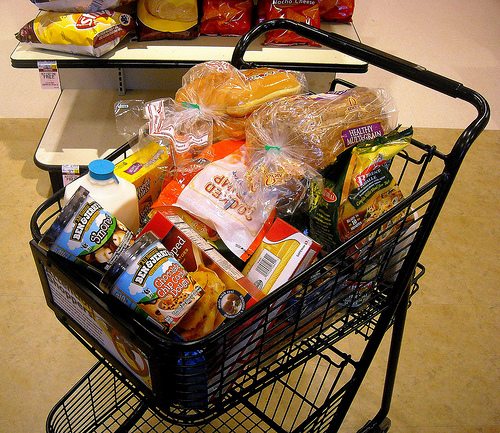Needs and wants: Learn the difference
Many of us have a problem distinguishing between needs and wants. It's a first world problem, as evidenced by the amount of average U.S. household credit card debt. If you're wondering, that's $7,093 when everyone is taken into account and $15,204 when only debt holders are taken into account. I, too, have been guilty of convincing myself I need something when I don't. When money is tight, you have to be able to discern what you need and what you want.
There's no way to name all the possible wants that you have (or that I have, for that matter). Instead, let's time travel all the way back to elementary school when we learned what basic needs were. These are food, water, clothing and shelter. Those are the absolute necessities we need in order to survive. There are also what some people call 'near-necessities'. For most of us, these include personal care (hygiene) items, a telephone (not necessarily an iPhone!), transportation, health insurance and utilities.
We are told to cut out the wants when the going gets rough. That's a no-brainer. Most people know that if your budget is tight, a new plasma TV is not the best way to spend those hard-earned dollars.
Within our needs, there are wants that we can cut back on. Do we need shelter? Yes. Do we need a five-bedroom house for a family of three? No. Need food? You bet. Even the pint of Ben & Jerry's you threw into the grocery cart at last minute? No. There's almost always room to trim the budget within the "needs" category.
There's no need to give up the Ben and Jerry's or the plasma TV altogether. When finances are good and there's room in the budget, go for it. Just realize it for what it is: A want.
Photo courtesy NCinDC, via Flickr.
